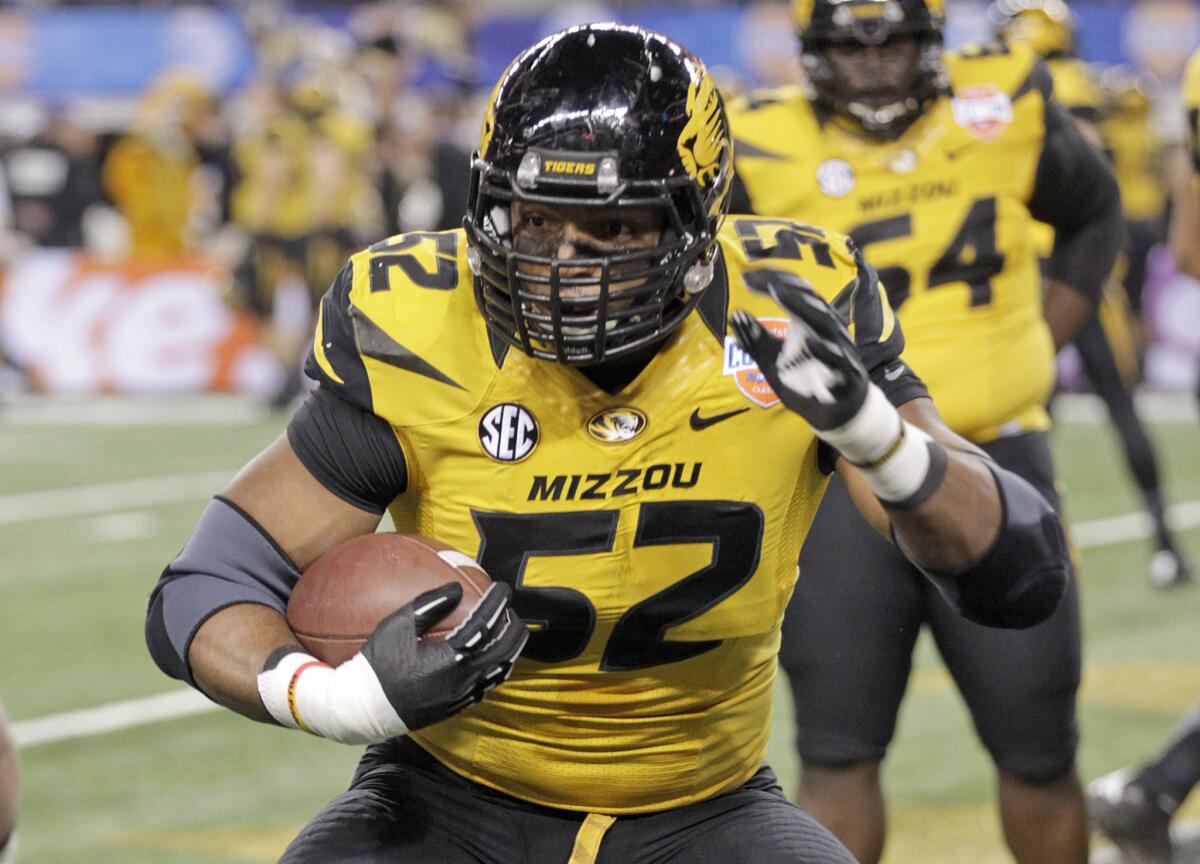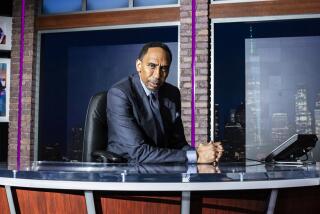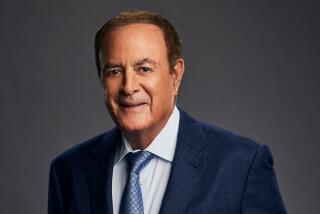Michael Sam’s announcement rocks worlds of sports, money and sex

The aftermath of Michael Sam’s announcement that he is gay and will likely become the first openly homosexual player in the National Football League was greeted Monday with the kind of coverage usually reserved for the lead-up to the Super Bowl.
Michelle Obama was the latest to join the chorus of praise for the All-American defensive lineman from Missouri who is expected to be chosen in a high round of the NFL draft. “You’re an inspiration to all of us, @MikeSamFootball. We couldn’t be prouder of your courage both on and off the field. – mo,” the first lady said Monday via Twitter, joining the outpouring of tweets, Facebook messages and water cooler discussions (remember those?) that marked the return to the workweek.
Understanding the furor requires a look at the special position sports inhabits in the world. Add sex, the topic that still generates the most talk; money (billions and billions of dollars); and the self-image of NFL spectators, mainly men, who are emotionally invested in the game, and the results are a combustible mixture just waiting for a spark.
Sam, 24, ignited the uproar with his simple statement to ESPN: “I am an openly, proud gay man.” It was one of several national interviews given by the 6-foot-2, 260-pound Texas native.
The decision to announce his sexuality was certainly a milestone, but what kind? To many, it was a case of personal courage.
U.S. society has already become more accepting of homosexuality. Recent polls show that slightly more than half of all Americans support same-sex marriage, compared with 27% who said they supported it in 1996. Seventeen states allow same-sex marriage, and legal battles are underway in a dozen others, including conservative ones such as Utah and Virginia.
Nor is the United States alone in increasingly accepting what one 19th century poet called “the love that dare not speak its name.”
On the international scene, many countries have sharply criticized the Russian government, host of the current Winter Olympics, for its anti-gay efforts. Even Pope Francis recently expressed support for gays, shocking some in the Roman Catholic Church when he said that people “should not be marginalized” because of their sexual orientation.
If society has been more accepting, why not sports? To be sure, there have been other athletes who announced they were gay, but usually it came at the end of their careers. Sam, just starting his, noted that he was different.
“I understand how big this is,” he told ESPN. “It’s a big deal. No one has done this before. And it’s kind of a nervous process, but I know what I want to be.... I want to be a football player in the NFL.”
Football may not be the toughest sport, but it is among the most soaked in testosterone. Players seek to destroy the opposition – often crippling themselves as well. The league has agreed to pay $765 million to settle thousands of lawsuits, brought by players, over head injuries.
That hyper-masculinity has spawned its own locker room culture, based on hijinks and hazing that in some cases quickly spiral out of control into bullying and, at times, racism. Last season, Miami Dolphins offensive lineman Richie Incognito used racial slurs to refer to his teammate Jonathan Martin. Martin said he felt so attacked that he left the league.
Sam acknowleged the danger of his announcement.
“There will be negativity, negative reactions,” he told ESPN. “I expect that.... Everyone can say hurtful things and hateful things; I don’t let stuff like that distract me. But there are going to be positives. The positives will outweigh the negative.”
It is no secret that the play on the field forms a closed circle with the audience -- at the stadium and at home. Like the players, spectators feed on the thrills. The NFL viewers are overwhelmingly males, who often see their ideals of physical prowess being carried out by the larger, faster, more agile professional players.
The audience also falls within the key demographic of 18 to 34 years old – those with relatively large amounts of disposable income. It is no coincidence that the advertising that drives the sports machine is in large part tailored to men, whether it be the frequent beer commercials or ads for cars. Any viewer of “Mad Men” knows that the ads are basically messages aimed at heterosexual males, as explicit as a young woman’s looks or as implicit as innuendo-laced language. One question now is whether advertisers will also adopt gay references to make money.
And big money it is.
According to a database compiled by SportsBusiness Journal based on its analysis of data from Nielsen Co., beer makers Anheuser-Busch spent $356 million in 2010 on sports advertising and MillerCoors spent more than $214 million. That was a staggering 81% and 75% of their respective ad budgets on sports. Car companies spent a smaller percentage of their overall budgets on sports, but Ford, Toyota and Chevrolet all came in at more than $238 million. Ford surpassed $300 million.
Media companies also get in on the profits. Fox reportedly charged $4 million for each 30-second bite of Super Bowl advertising.
Will fans be distracted by the sexual orientation of a player? Will the advertisers and the NFL survive Sam’s announcement? Will Sam survive the culture? Time will tell.
“We are in the midst of incredible transformation in American professional sports,” said Hudson Taylor, founder and executive director of Athlete Ally, a nonprofit group focused on ending homophobia in sports. “In a very short period of time, athletics has gone from being known as ‘the last closet in America’ to being in a position to lead on this issue. This is the power of sports.”
Follow LATimes National at: https://www.facebook.com/LATimesNational
ALSO:
11 dead in wrong-way crashes; Florida accident caught on tape
Huge cockfighting takedown nets 3,000 fighting birds in New York
Mexican national to be sentenced for killing border agent Brian Terry
More to Read
Sign up for Essential California
The most important California stories and recommendations in your inbox every morning.
You may occasionally receive promotional content from the Los Angeles Times.











